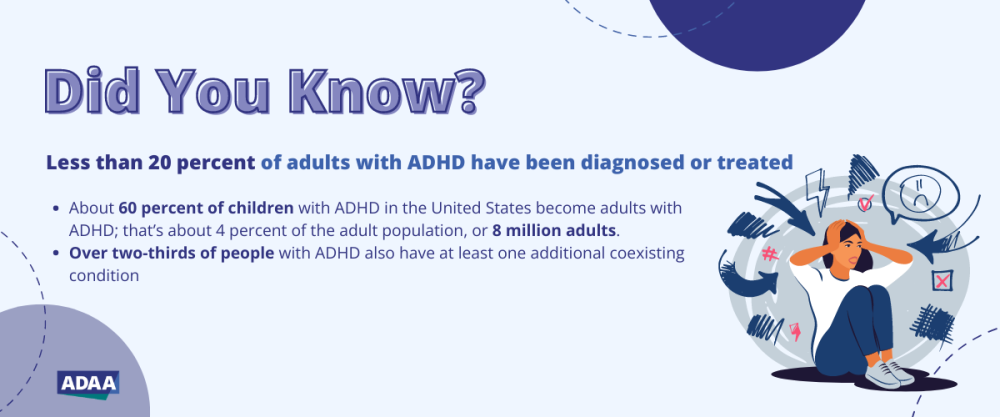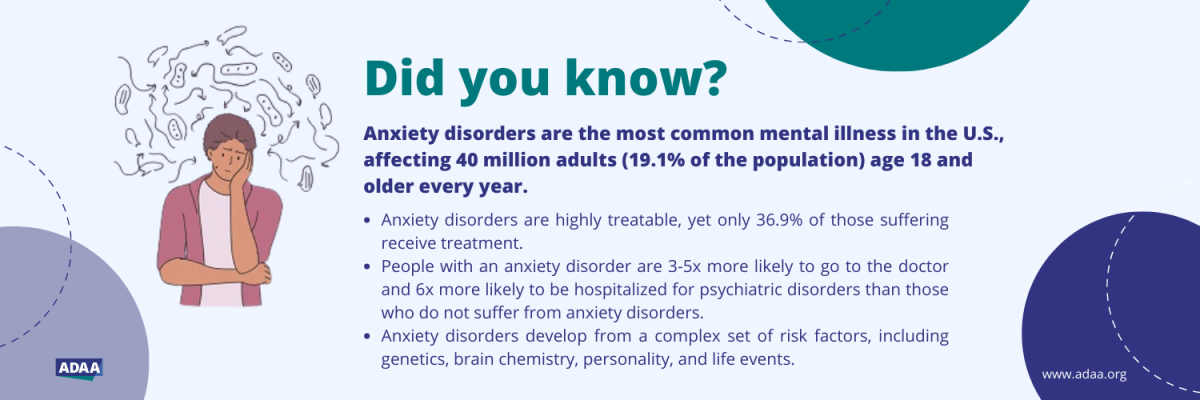Search Results for: ...
Sort by:
Article
06.04.2021
Trauma
Most people who endure traumatic experiences are able to recover and do not sustain longstanding impact. An individual’s response to trauma is based on many different factors including their biology, the proximity to and severity of the trauma, the context in which the trauma occurred and the personal meaning of the experience.
Article
07.27.2018
Obsessive-Compulsive Disorder (OCD)
Obsessive-Compulsive Disorder (OCD) is a common and chronic disorder that manifests as uncontrollable, reoccurring thoughts (obsessions) and/or behaviors (compulsions) that one continuously repeats.
Article
10.06.2015
Selective Mutism
Children who are unable to speak in situations where talking is expected or necessary, to the extent that their refusal interferes with school and making friends, may suffer from selective mutism (SM). As the Selective Mutism Association (SMA) notes SM is best understood as a childhood anxiety disorder characterized by a child or adolescent’s inability to speak in one or more social settings (e.g., at school, in public places, with adults) despite being able to speak comfortably in other settings (e.g., at home with family).
Page
11.13.2009
ADHD (Attention Deficit Hyperactivity Disorder)

What is Attention Deficit Hyperactivity Disorder?
Attention deficit hyperactivity disorder, or ADH
Article
11.04.2009
Depression Facts & Statistics
Depression is one of the most prevalent mental health conditions in the US.
Page
11.04.2009
Facts & Statistics
Article
10.27.2009
Children and Anxiety and Depression
Anxiety disorders in children are treatable, and they can be treated by a wide range of mental health professionals who have training in scientifically proven treatments.
Page
10.19.2009
What is Depression?
Most people feel low and sad at times. However, for those diagnosed with depression, the manifestations of the low mood are much more severe and they tend to persist.
Article
10.19.2009
Specific Phobias
Although people with phobias realize that their fear is irrational, even thinking about it can often cause extreme anxiety.
Article
10.19.2009
Social Anxiety Disorder
What is Social Anxiety Disorder? The defining feature of social anxiety disorder, also called social phobia, is intense anxiety or fear of being judged, negatively evaluated, or rejected in a social or performance situation.
Blog post
12.05.2024
What Happens in Vegas in April Will Help The Future of Youth Mental Health: In Conversation with the #ADAA2025 Conference Co-Chairs
ADAA’s 2025 conference in Las Vegas (April 3 – 5) will focus on youth mental health, which is currently a global crisis. Drs. Fitzgerald and Forbes, this year's conference co-chairs, are dedicated to and passionate about youth mental health. Read the blog to learn more about our 2025 conference topic.






